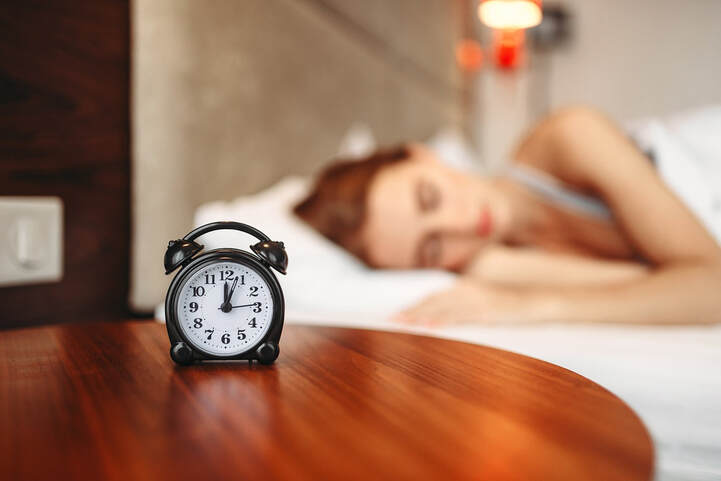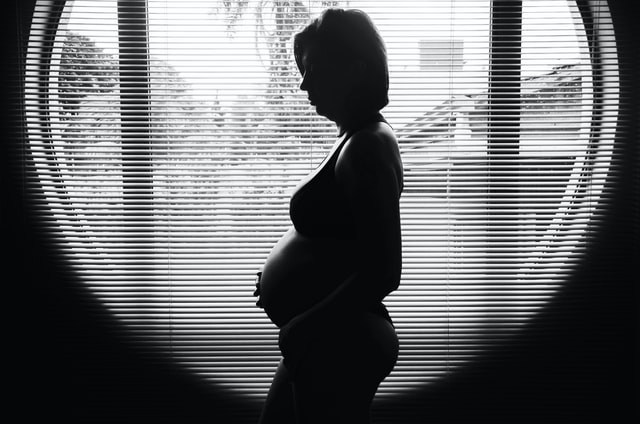Earlier Start Times Correlated with Lower Grades and Attendance
Most people dislike waking up early for work, and students are no exception. In fact, university students who have early morning classes—and are generally not required to attend class—tend to oversleep or skip class in order to get more sleep. A recent study indicates that early morning classes correlated with fewer students attending classes as well as worse academic performance.
In this study, researchers at the National University of Singapore collected data on class attendance by tracking the number of times students logged into university internet throughout the day. The data was collected before the COVID-19 pandemic, so all classes were in person. Researchers also received data from instructors about class attendance rates. This helped researchers determine the percentage of students who came to class so they could look for a difference between afternoon and morning classes. They also recorded when students were active on the university’s Learning Management System (LMS), an online platform where students can submit assignments and access course materials. Theoretically, students would be asleep when no activity was recorded on the LMS. This data from the LMS was used in order to estimate when students were active and when they went to sleep. Finally, researchers collected data on students’ grades as well as students’ course schedules.
In this study, researchers at the National University of Singapore collected data on class attendance by tracking the number of times students logged into university internet throughout the day. The data was collected before the COVID-19 pandemic, so all classes were in person. Researchers also received data from instructors about class attendance rates. This helped researchers determine the percentage of students who came to class so they could look for a difference between afternoon and morning classes. They also recorded when students were active on the university’s Learning Management System (LMS), an online platform where students can submit assignments and access course materials. Theoretically, students would be asleep when no activity was recorded on the LMS. This data from the LMS was used in order to estimate when students were active and when they went to sleep. Finally, researchers collected data on students’ grades as well as students’ course schedules.
Image Source: kaboompics
As expected, researchers found that attendance was about 10% lower in morning classes than in afternoon classes. Students in the morning classes also reported napping more during the day, contributing to circadian desynchrony (a disruption of their body’s natural clock and the day/night cycle). Additionally, students in morning classes tended to sleep about one hour less than students in afternoon classes. This is most likely because students went to bed at the same time each day but woke up earlier for morning classes, causing a sleep deficiency. Because students with morning classes did not get as much sleep as they needed to compared to students with no morning classes, students with morning classes tended to have lower grade point averages (GPAs) than those with afternoon classes. Therefore, early morning classes also corresponded with worse academic performance.
Although this particular study was performed on university students, it could have applications to a broader audience as well. For example, many people wake up early for work. Because these people may wake up earlier than they would naturally, they may not sleep enough like students in morning classes did. Not sleeping enough leads to a variety of negative consequences, such as decreased brain function, lack of coordination, mood swings, weight gain, and can even increase the risk of certain diseases such as high blood pressure, heart disease, and diabetes. Therefore, for people who need to get up early in the morning, it is important to make sure to get enough sleep. Reducing blue light exposure, avoiding caffeine after around 3 pm, having a consistent sleep schedule, and creating a comfortable sleeping environment are all ways one can get a good night’s sleep.
Although this particular study was performed on university students, it could have applications to a broader audience as well. For example, many people wake up early for work. Because these people may wake up earlier than they would naturally, they may not sleep enough like students in morning classes did. Not sleeping enough leads to a variety of negative consequences, such as decreased brain function, lack of coordination, mood swings, weight gain, and can even increase the risk of certain diseases such as high blood pressure, heart disease, and diabetes. Therefore, for people who need to get up early in the morning, it is important to make sure to get enough sleep. Reducing blue light exposure, avoiding caffeine after around 3 pm, having a consistent sleep schedule, and creating a comfortable sleeping environment are all ways one can get a good night’s sleep.
Featured Image Source: Katniss12
RELATED ARTICLES
|
Vertical Divider
|
Vertical Divider
|
Vertical Divider
|






